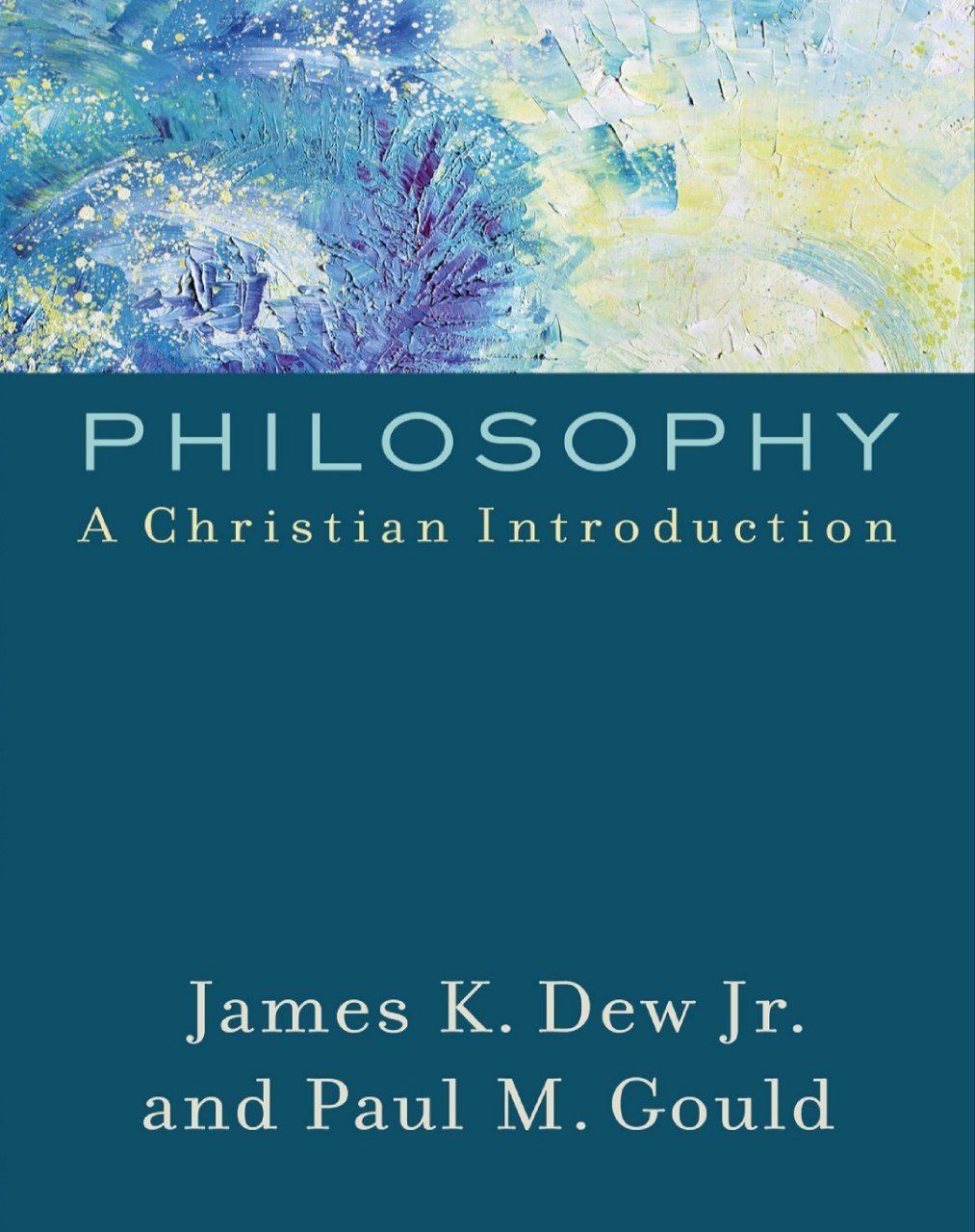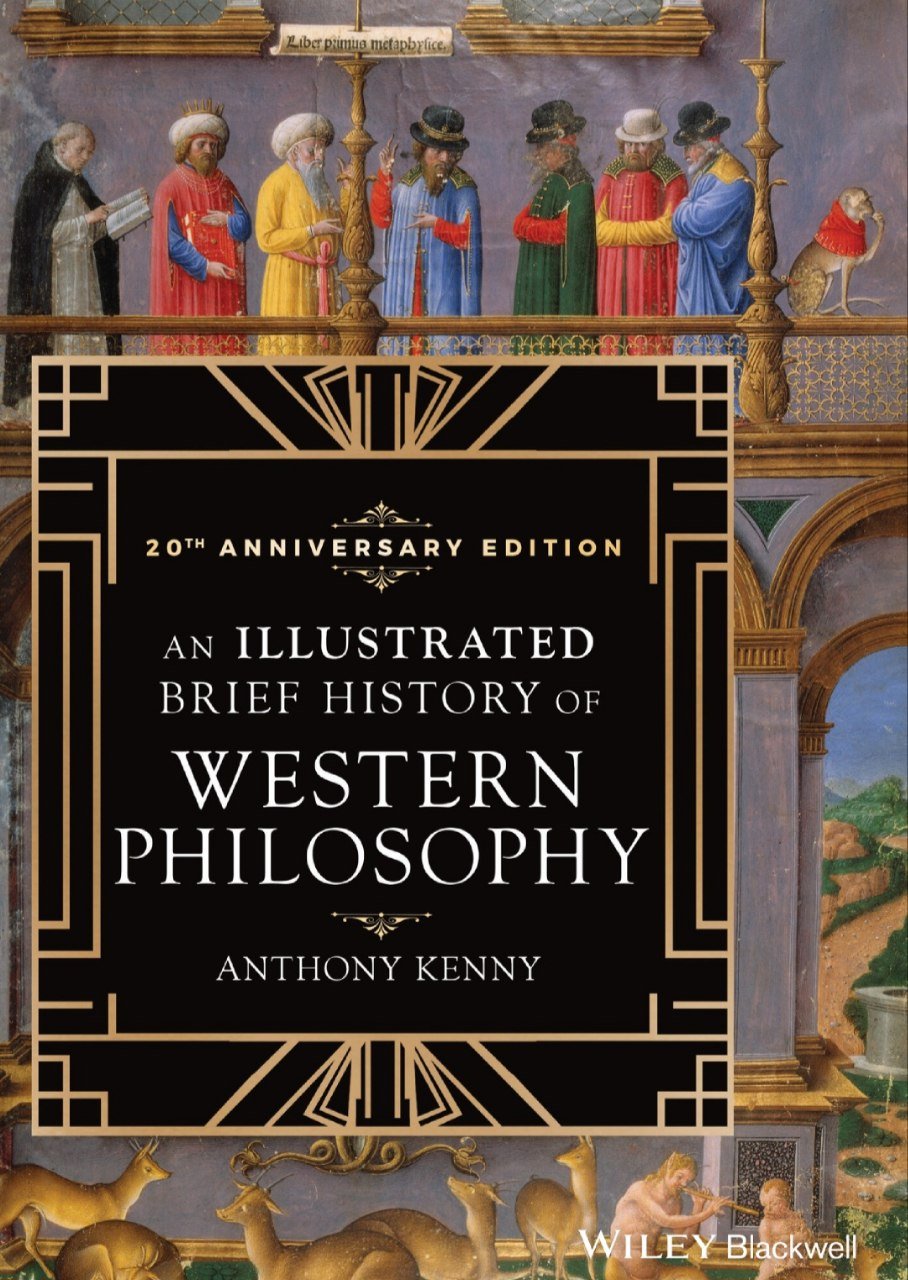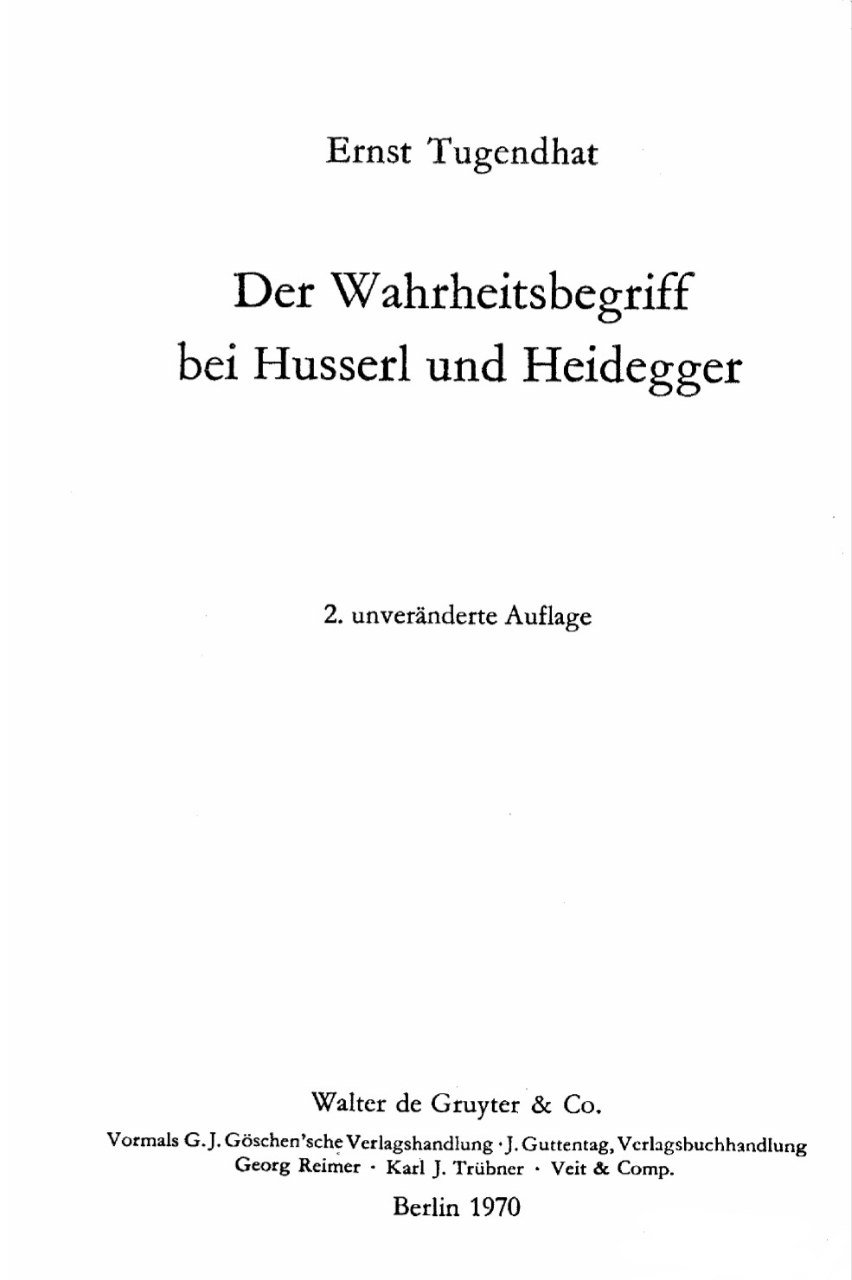

The Nonlinear World: Conceptual Analysis and Phenomenology
Reviews
No review yet. Be the first to review this book!
Description
The Nonlinear World: Conceptual Analysis and Phenomenology by Yoshitsugu Oono is a comprehensive exploration of the mathematical, physical, and philosophical underpinnings of nonlinear systems. Oono takes the reader on a deep journey into the conceptual frameworks that define nonlinear phenomena, moving beyond mere mathematical formulations to understand their phenomenology, emergent behavior, and real-world relevance. The book begins by challenging the traditional linear worldview that dominated much of classical physics and mathematical modeling. Oono argues that nonlinearity is not a mere complication or perturbation of linear systems but an essential and pervasive feature of the natural world. Nonlinear systems often exhibit complex behaviors that cannot be reduced to the sum of their parts, such as emergence, self-organization, and critical phenomena. Oono introduces key concepts in nonlinear science, such as chaos theory, fractals, criticality, and pattern formation, while grounding these ideas in both mathematical rigor and philosophical reflection. He emphasizes that understanding nonlinear systems requires a different kind of thinking—one that moves away from reductionism and towards holistic, conceptual analysis. One of the central themes of the book is the phenomenological approach to nonlinear systems. Oono argues that phenomenology, which focuses on the structures of experience and consciousness, can provide insights into the way nonlinear systems behave in the physical world. He suggests that the observer’s perspective, interpretation, and conceptual framework play crucial roles in understanding complex phenomena. In this way, Oono bridges physics and philosophy, proposing that our models of nonlinear systems are not just abstract descriptions but are deeply connected to our experience of the world. The book also explores renormalization group theory, non-equilibrium thermodynamics, and dissipative structures, showing how these ideas help to explain the universal behavior of nonlinear systems across different scales and domains. Oono carefully explains how scaling laws and universality classes emerge in systems far from equilibrium, providing a unified conceptual framework for understanding phase transitions and critical phenomena. In the later chapters, Oono reflects on the epistemological and ontological implications of nonlinear science. He questions the adequacy of traditional scientific methods and calls for a conceptual revolution that recognizes the limitations of linear thinking. According to Oono, embracing nonlinearity means acknowledging the inherent unpredictability and creativity of the natural world, as well as the limits of human knowledge. Ultimately, The Nonlinear World is not just a technical treatise on nonlinear systems but a profound philosophical inquiry into the nature of complexity and our understanding of reality. Yoshitsugu Oono’s work encourages scientists and philosophers alike to reconsider how we conceptualize the world, urging a shift towards a more integrated and holistic perspective on nature’s fundamentally nonlinear character.



 May 03, 2025
May 03, 2025

 May 03, 2025
May 03, 2025





 May 03, 2025
May 03, 2025






 May 03, 2025
May 03, 2025


















.jpeg)







.jpeg)



.jpg)


.png)



.jpg)

.jpeg)
.jpg)





.jpg)


.jpeg)
.jpg)





.jpg)
.jpg)









.jpeg)
.jpg)



















































